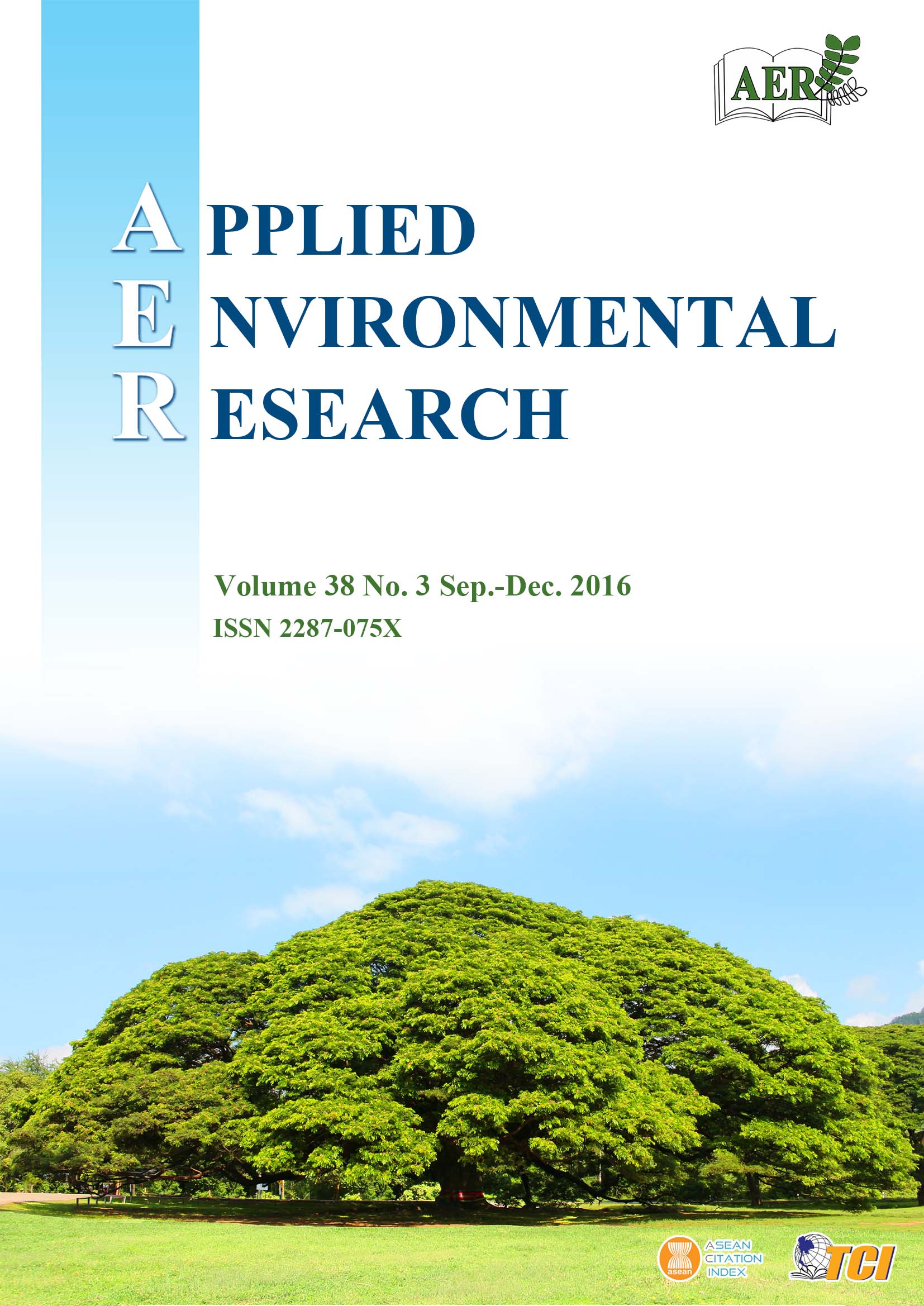Enhanced Biodegradation of Spent Engine Oil Contaminated Soil Using Organic Wastes
Main Article Content
Abstract
Physical and chemical methods of remediating contaminated soils are less environment-friendly compared to the biodegradation method. This study investigated the ability of selected organic wastes to enhance biodegradation of Spent Engine Oil (SEO) contaminated soil. One kilogram of uncontaminated soil was thoroughly mixed with 10% (w/v) SEO in seven treatments with two replicates. Spent Fruit Residues (SFR), Cassava Peel (CP) and a combination of Bean Husk and Chromolaena odorata (BHC) were added at 10% and 20% (w/w), with an untreated control. Total Heterotrophic Bacterial Count (THBC), Total Fungal Count (TFC), Total Hydrocarbon Degrading Bacterial Count (THDBC) and Total Hydrocarbon Degrading Fungal Count (THDFC) of the contaminated and uncontaminated soils were determined using standard microbiological methods. Isolates were screened for SEO utilization using 2,6-dichlorophenol indophenol indicator. Hydrocarbon contents of the soils were determined using Gas Chromatography-Mass Spectrometry (GC-MS). The data obtained were subjected to statistical analysis. The THBC ranged from 1.3x106 to 2.9x106 CFU g-1, TFC ranged from 5.4x104 to 2.0x105 CFU g-1, THDBC ranged from 0.5x103 to 1.9x104 CFU g-1 while THDFC ranged from 2.0x103 to 1.0x104 CFU g-1. The isolated bacteria were Pseudomonas spp., Bacillus spp., Klebsiella spp., Proteus mirabilis, Burkholderia cepacia, Micrococcus luteus, Providencia rettgeri, Enterococcus faecalis, Streptococcus bovis and Enterobacter cloacae while the isolated fungi were Candida spp., Aspergillus niger, Saccharomyces cerevisae, Penicillium chrysogenum and Trichophyton sp. Pseudomonas aeruginosa and Aspergillus niger utilized the oil better than other isolates with absorbance of 0.26 and 0.49 at 600 nm, respectively. The GC-MS revealed that SFR 20% (w/w) treatment had the highest percentage degradation of 70.5%. This study confirms that spent fruit residues can enhance biodegradation of spent engine oil contaminated soil.
Article Details

This work is licensed under a Creative Commons Attribution-NonCommercial 4.0 International License.
Published articles are under the copyright of the Applied Environmental Research effective when the article is accepted for publication thus granting Applied Environmental Research all rights for the work so that both parties may be protected from the consequences of unauthorized use. Partially or totally publication of an article elsewhere is possible only after the consent from the editors.

